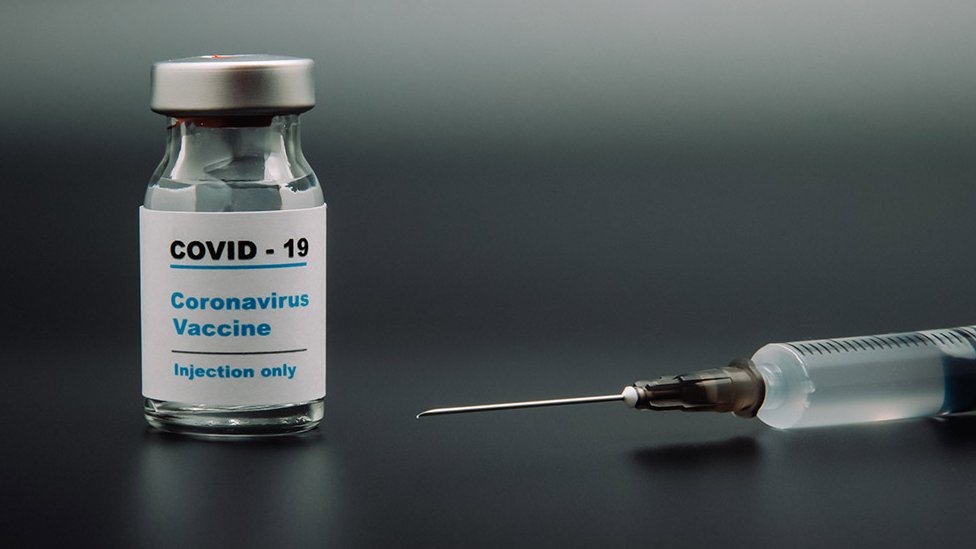In the Vaccine Scramble, Cancer Patients Are Left Behind
In the Vaccine Scramble, Cancer Patients Are Left Behind
Those with compromised immune systems are often advised to get the shots under medical supervision, but their cancer centers can’t always provide them.
A doctor in Arizona says her cancer patients are so desperate to get vaccinated against Covid-19 that they plan to volunteer at a stadium vaccination site. A woman in New Jersey with colon cancer can’t sign up for a vaccine appointment because her cancer center, in New York, is authorized to vaccinate only state residents. A cancer patient in Maryland refreshes and refreshes her computer, but can’t find an available vaccination appointment.
Facing conflicting guidance and logistical chaos, many cancer patients are struggling to navigate the bumpy rollout of the Covid-19 vaccination campaign. Ideally, cancer patients who take immunosuppressant medications should receive vaccinations under the care of a doctor, or in a cancer center, where they can be closely monitored and encounter fewer people than they would at a mass distribution site. But the limited availability of the vaccine, plus the havoc and confusion surrounding the rollout, leaves patients grasping for answers.
“It’s really frustrating when you’re a stage four cancer patient and you can’t get on the list,” said Connie Johnson, 62. “Cancer is a life sentence. But Covid is a death sentence.”

In the Vaccine Scramble, Cancer Patients Are Left Behind
Ideally, patients would receive the vaccines at cancer centers, said Dr. Steven Pergam, infection prevention director at Seattle Cancer Care Alliance and co-leader of the National Comprehensive Cancer Network’s Covid-19 vaccine committee. In addition to the potential of contracting Covid-19 and other pathogens at a mass vaccination site, cancer patients who suffer from fatigue may have trouble standing in line. But as vaccination efforts across the country shift to large-scale sites like stadiums, cancer centers may not have shots available.
“It becomes a really challenging experience for these patients to negotiate and navigate a complex system,” he said. He recommends that patients ask their doctors if there are any options, like a drive-through, at a vaccination site, and also encourage any eligible members of their household to get vaccinated.
Even when cancer centers do have vaccine doses available, the state-by-state nature of vaccination rules complicates patient care. Some major cancer centers cannot offer vaccines to patients from across state lines, said Dr. Tobias Hohl, chief of infectious disease service at Memorial Sloan Kettering Cancer Center in New York. He provides care to patients from throughout the tristate area, he said, and 10 percent of the center’s patients are international, but New York state rules authorize the center to treat only state residents. “It breaks our hearts,” he said. “It’s immensely frustrating to many providers.”
Ms. Johnson paused her chemotherapy treatment when she learned that vaccines were approved, hoping to optimize her immune response to the shot. She lives in Maricopa County, Ariz., which is currently vaccinating people in phase 1B. She’s in the next group, 1C. If she isn’t vaccinated in the next month, she said, she’ll have to resume chemotherapy, even though the treatment may weaken her immune system and potentially make the vaccine less effective for her. “I can’t wait that long,” she said. “I just have to hope it’s OK.”







